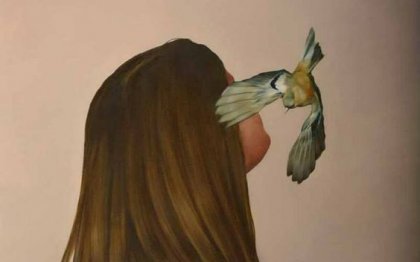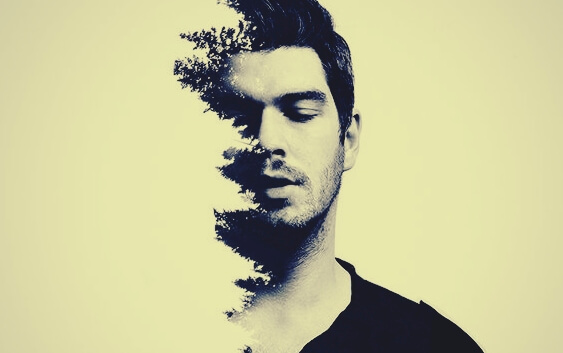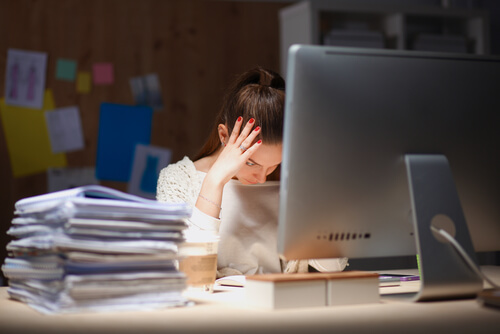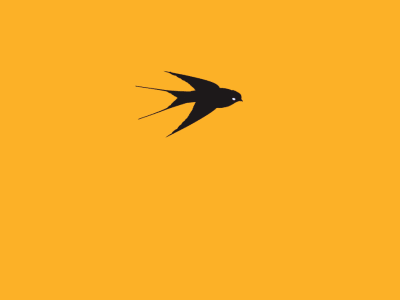Three Things I Don't Do Anymore When I Get Anxiety


Written and verified by the psychologist Gema Sánchez Cuevas
When we have anxiety, people love to say, “Calm down, relax, it’ll make you feel better, you’ll see.” For a few minutes, we manage it, but not long after that scary enemy will come back again to steal the air out of our lungs.
It’s like that because anxiety isn’t a sickness, it’s a symptom. It’s the echo of a vague, deep, and shapeless problem that needs to be cleared up and processed.
We all know the feeling. It usually starts with pressure in our chest, as if the demon from the famous Heinrich Füssli painting, “The Nightmare,” were sitting on us, robbing us of our energy. Then comes muscle pain, headaches, digestive problems, and insomnia.
“Anxiety with fear and fear with anxiety contribute to a human being robbed of his essential qualities. One of these is reflection.”
-Konrad Lorenz-
Also, we can’t forget that the physical symptoms get worse every day. It’s because of the lethal combination of distorted thoughts, mostly negative, and a constant feeling of threat.
It also doesn’t matter what we’re doing in particular — we could even be on vacation. If our mind is trapped in that dark, fearful tunnel full of worst-case-scenario thoughts, “relaxing” won’t help.
In these states of mind where I’m unable to reason clearly, there are a lot of things I don’t do anymore when I get anxious.
We can do yoga, paint mandalas, listen to music, or go for a walk. All these activities are positive, relaxing, and have natural benefits. There’s no doubt about that, but they’re temporary benefits that don’t actually address the root problem.
In reality, success in treating processes of anxiety lies in a multidisciplinary approach. Relaxation is very therapeutic, as well as support from loved ones, exercise, and a balanced diet.
But we also need a cognitive-behavioral strategy that will help us reevaluate certain things and make changes.
Below we’ll look at how to face this reality in the best way. We’ll talk about things I don’t do anymore when I get anxious. Let’s treat our anxiety and send it packing for good.

1. When something worries me I’ve learned to not run away
Ana works in advertising for an important business. She goes to work every day at 8. But a few weeks ago she started to come in late. The strange thing is that she leaves her house on time.
But right when she’s about to get on the highway to go to work, she turns around and drives to a café. There, she drinks an herbal tea and tells herself that she won’t think about a single thing for a whole hour. She just wants to relax.
As we can see from this little example, Ana is running away from the root problem. She doesn’t feel able to go to work.
So now she goes to work late but later it may end up in taking sick days. Because the pressure, fear, and anxiety will make her think she’s incapable of fulfilling her responsibilities.
What’s the right thing to do in these situations, then?
These kinds of reactions are completely normal. Why?
When our brain senses a threat, it starts to release a lot of cortisol so our body will be prepared for fight or flight.
- The problem with avoidance is that it makes the anxiety worse in the long run. It intensifies it.
- Also, the more we repeat this behavior of running away, we see ourselves as people who are incapable of facing the situation. So the fear gets worse.
- In these scenarios, a useful strategy to use instead of running away, avoiding it, or distracting ourselves is to think the situation through with questions that might start with a “what would happen if…?”
- What would happen if I told my boss that things didn’t seem right to me?
- … if my boss told me I was right and my work life got better?
- … if I lost my job?
- What would happen if I put all my energy into looking for a job with potential?

2. One thing I don’t do anymore when I get anxious: is overthink and brood
Constant, obsessive worry is the cognitive component of anxiety. Therefore, one of its worst side effects is that we lose our ability to reflect.
To be able to analyze things calmly, from more logical and helpful perspectives. That’s why we need to keep these aspects in the front of our minds.
- When something worries me, scares me, or annoys me, my mind will have a natural tendency to focus on the negative. Not long after, the feeling of worry and danger will worsen.
- One way of stopping this vicious cycle is to become aware of it.
- In these situations, it really helps to do progressive relaxation exercises. For example, diaphragmatic breathing. They’re useful for calming symptoms like muscular tension and internal agitation.
- Only when we’ve seen that our body is feeling more relaxed and our mind is clearer can we start to break the cycle of negative thought. Then we’ll bring in new options. We’ll focus on the present instead of anticipating things to come.
To beat the demon of anxiety in our day-to-day lives, we’ll give ourselves doable, simple, logical, and positive short-term goals. And we’ll use internal dialogue that acts more like a friend than an enemy.
Brooding is one thing I don’t do anymore when I get anxious.

3. I don’t deny it anymore when I get anxiety
Something we should be very clear about is that it makes absolutely no sense to want to erase anxiety from our lives.
It will always be there. It’s part of being human. As strange as it may seem, it’s useful for our survival and adapting to our surroundings.
Let’s reflect for a few moments on these ideas to get some more understanding:
- We can coexist with our anxiety so long as it doesn’t become our enemy.
- The best way to coexist with anxiety is to let it be with us but keep a close watch on it. We need to control it and anticipate its triggers. If we don’t do that, the anxiety will be the one taking control, without us even realizing it.
- Anxiety turns negative the moment we notice our life has gotten blocked up and limited. When it’s affecting our relationships and performance at work
On the other hand, positive anxiety can be a useful psychological tool. It’s what invites us to improve, anticipate risks in order to solve them, and see opportunities to take advantage of them.
It’s what frees us from apathy and passivity to make us into people capable of achieving our goals.

As you can see, there’s more than one way to confront and process anxiety. In reality, there are a lot of paths we can take.
But it all starts with understanding that anxiety is our mind wanting to go faster than life. Let’s slow down the rhythm and start a healthy inner dialogue.
This text is provided for informational purposes only and does not replace consultation with a professional. If in doubt, consult your specialist.








